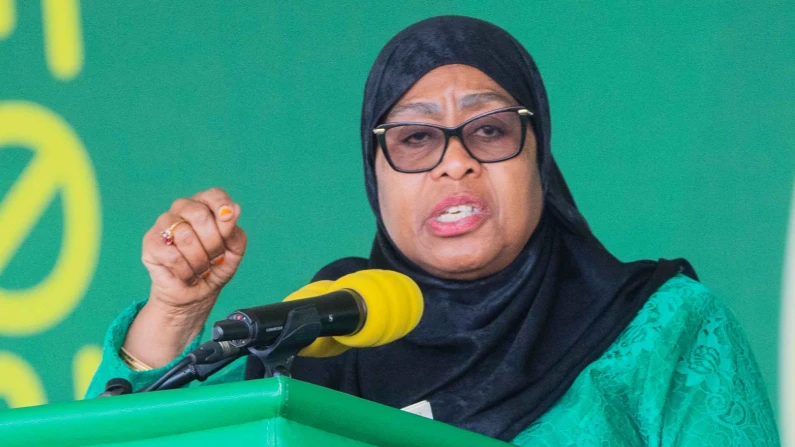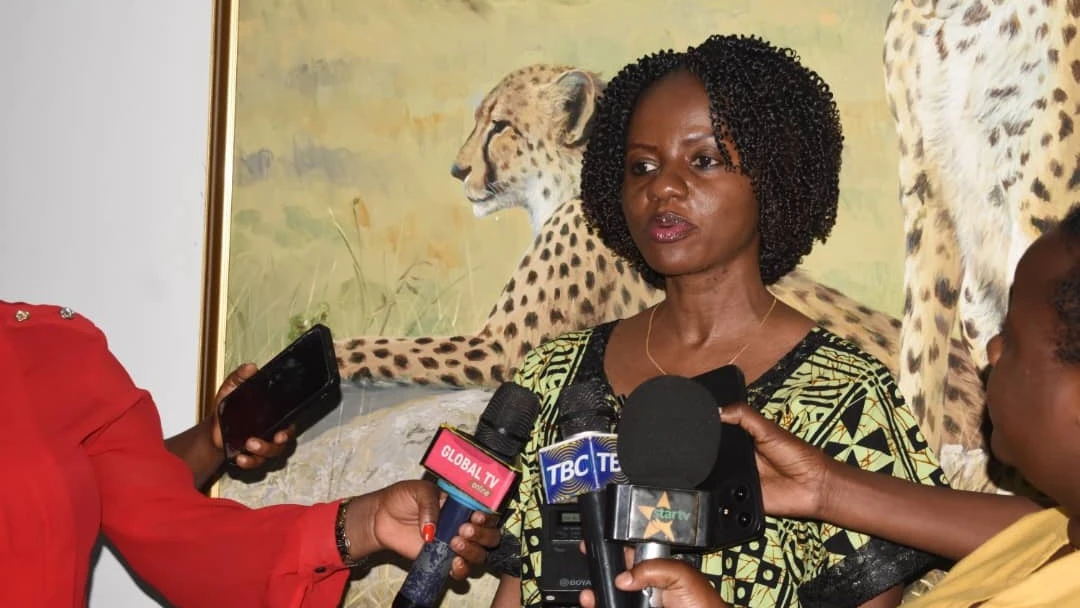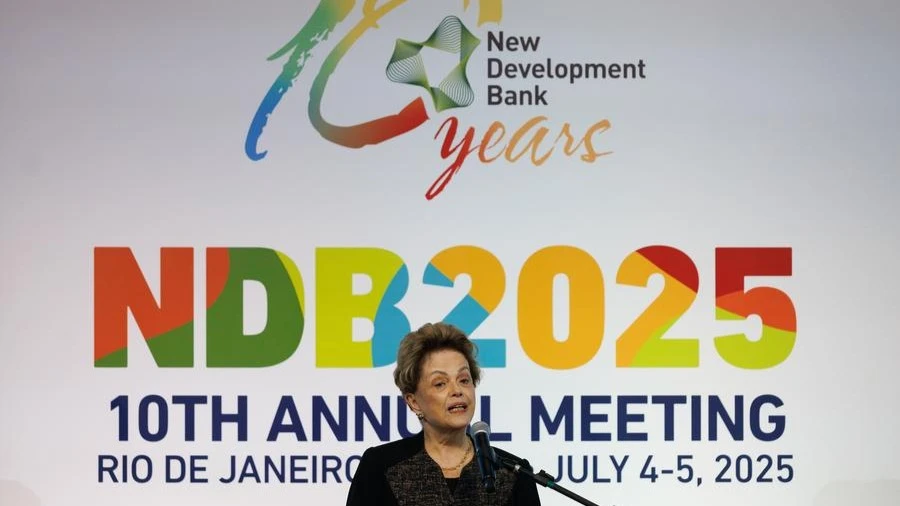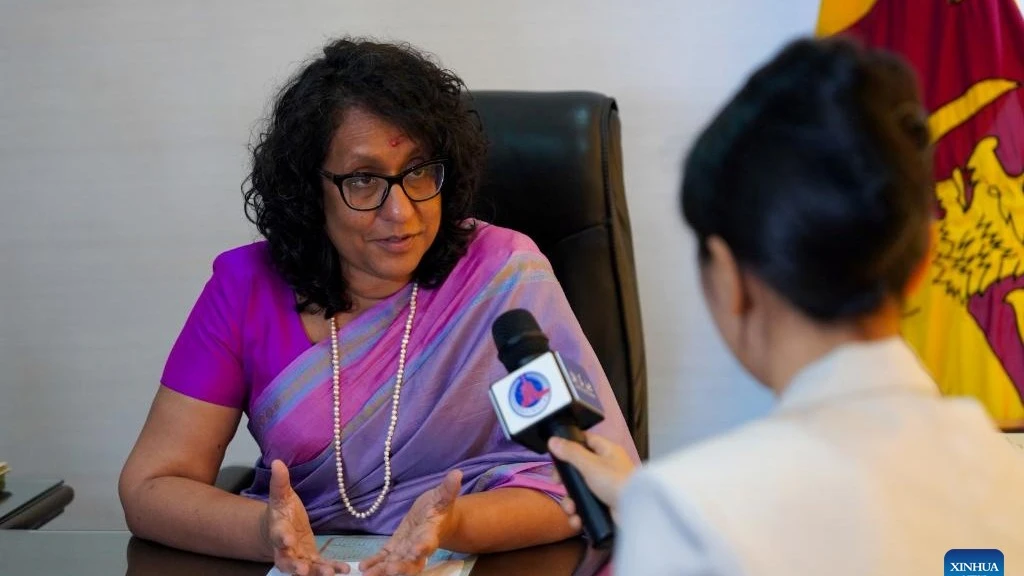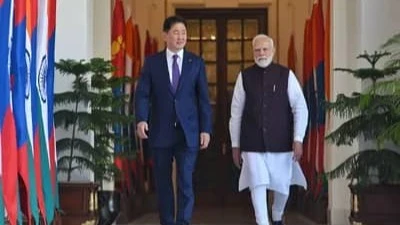NEEC issues stern warning on false empowerment schemes
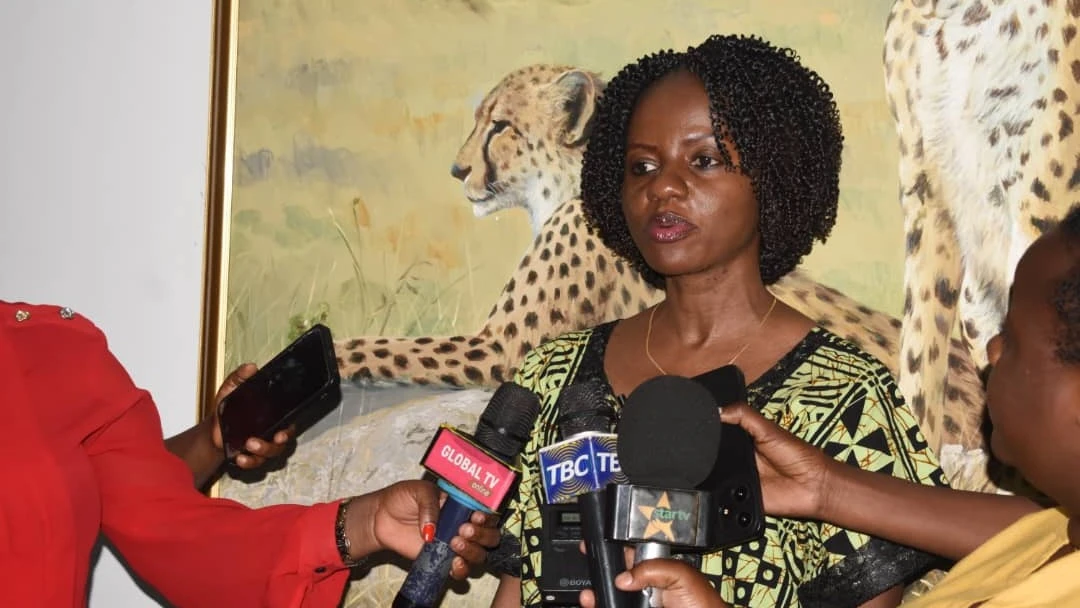
THE National Economic Empowerment Council (NEEC) has issued a strong warning that individuals or groups who falsely claim to economically empower people are in direct violation of the National Economic Empowerment Act, Chapter 386.
The council stated that recent amendments to the law carry severe penalties, including jail time and heavy fines, for those involved in fraudulent schemes, particularly those advertised on social media.
Emmanuel Kalengela, NEEC’s legal officer made the announcement over the weekend in Dar es Salaam during public education sessions on economic empowerment. He explained that the original Act, first enacted in 2004, underwent significant amendments in 2025, which were approved by President Samia Suluhu Hassan in March.
"Our law now provides a clear framework to prevent deception," Kalengela stated. "The updates were aimed at ensuring that economic empowerment initiatives are carried out effectively and transparently, without exploitation or misinformation."
He detailed the penalties awaiting those who advertise false empowerment schemes and defraud the public: up to one year in prison, fines ranging from 500,000 to 50m/-, and access to Information and Opportunity
Earlier in the session, Neema Mwakatobe, NEEC Acting Executive Secretary, emphasized the critical importance of equal access to economic opportunities for both personal and national prosperity.
Mwakatobe highlighted the NEEC's efforts to ensure the public receives accurate information, noting that the council is currently training journalists to strengthen their capacity to report reliably on empowerment matters. "Citizens cannot be economically empowered without the right information," she asserted.
"Through the media, they can learn where to seek help when facing financial challenges and how to participate effectively in development activities."
She also reported on the council's significant financial disbursements, noting that in the 2024/2025 fiscal year, NEEC disbursed 2.44trn/- in loans to approximately 18 million beneficiaries (51 percent men and 49 percent women), with the goal of improving livelihoods and contributing to national development.
Gwakisa Bapala, NEEC’s Director of Institutional Services, painted a stark picture of the challenges facing the nation’s economic participation.
He stated that research indicates only 10 percent of Tanzanians directly benefit from economic growth. This low rate is attributed to several persistent constraints, including limited capital, inadequate skills, poor market access, and weak infrastructure.
Selemani Msuya, Secretary of the Journalists Workers Union (JOWUTA), stressed that the training is vital, as it empowers journalists to identify community challenges and connect citizens with possible solutions.
Top Headlines
© 2025 IPPMEDIA.COM. ALL RIGHTS RESERVED








